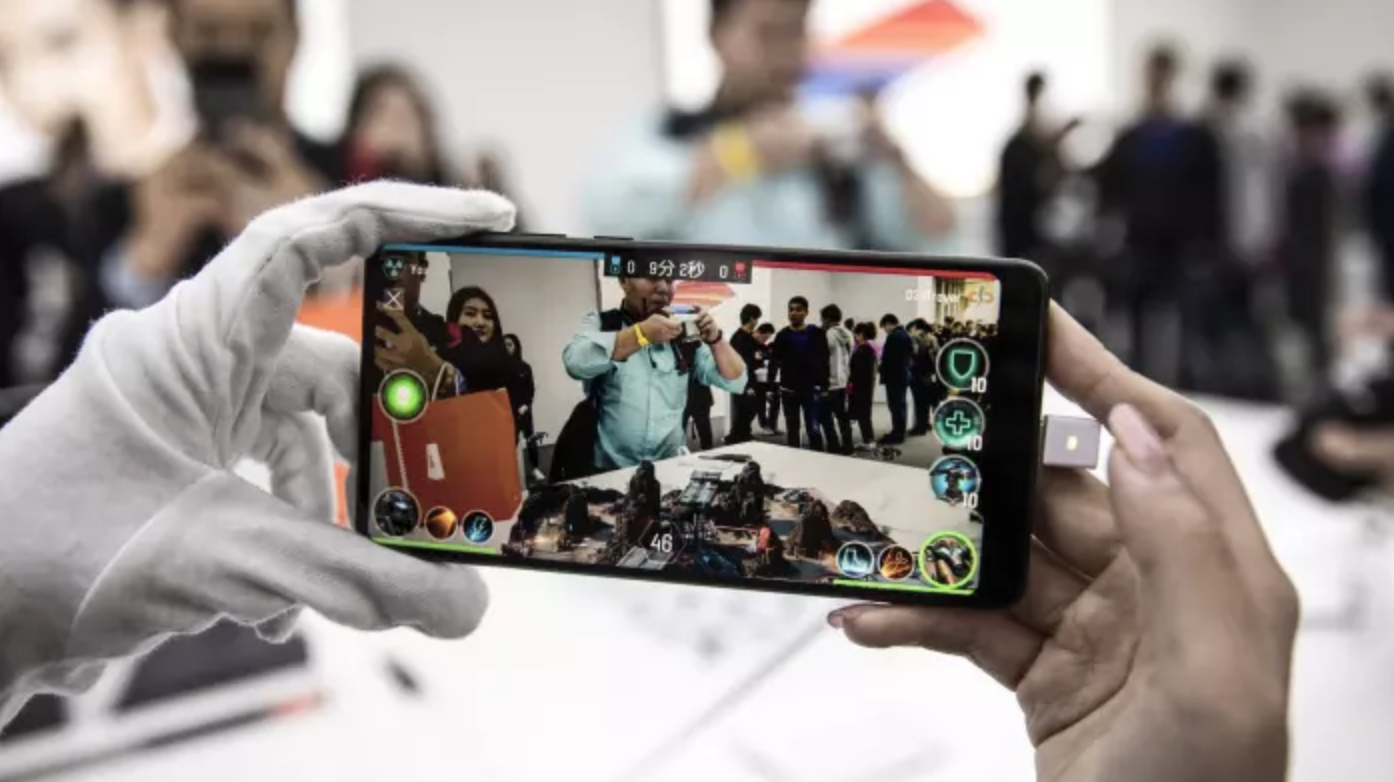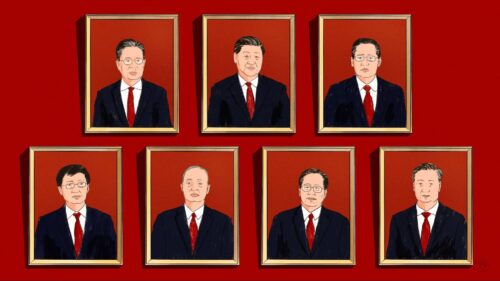China’s tech war with the U.S. heats up as Xi urges self-reliance


If it’s imported from the U.S. and has electric wires in it, China wants no more of it.
While largely agricultural tariffs and fees have featured prominently in the U.S.-China trade tiff so far, the overall arc of what may yet become a full-scale trade war will likely be highlighted by a years-long cutthroat competition in technology.
“In the past we tightened our belts, gritted our teeth, and built the two [atomic and hydrogen] bombs and a satellite… In the next step of tackling technology, we must cast aside illusions and rely on ourselves,” urged Xi Jinping (in Chinese), which New York Times reporter Chris Buckley called “telling comments.” Xi’s words mirror the Made in China 2025 policy, released in 2015, which aims to rocket the country to the top of global supply chains for high-tech goods ranging from smartphones and electric vehicles to airplanes and artificially intelligent robots. China is setting out to do so by a combination of government funding and incentives for the private sector, and dramatic re-resourcing for a huge array of technology. Here are some of the latest trends:
- Domestic smartphones are gaining market share, CNBC reports, as Apple’s iPhone lost its #4 position to Xiaomi. Consumers are increasingly opting for local brands such as Huawei, Oppo, Vivo, and Xiaomi, even — or especially — as the overall demand for phones falls.
- “Tesla has over 300 Chinese startups hot on its tail,” Nikkei reports, illustrating how high domestic investor enthusiasm for electric vehicles has become. Also in the news, per Caixin: Electric vehicle-maker Singulato set to raise $476 million.
- A state-backed semiconductor fund is filling up, Reuters says, as a second round of funding for 120 billion yuan ($19 billion) was “near to closing,” on top of $22 billion from the previous round.
Meanwhile, the U.S. is shooting itself in the foot, James Andrew Lewis of the Center for Strategic and International Studies argues, as the seven-year ban on selling American equipment to Chinese telecom giant ZTE “will only encourage foreign suppliers to rush into the space vacated by U.S. companies,” and “reinforce the Chinese government’s desire to replace U.S. suppliers with Chinese companies.”






